Coexistence and Co-prosperity with the Global Environment
With environmental issues becoming a major social issue around the world, we must use our limited resources effectively in order to achieve sustainable growth.
Besides giving consideration to the global environment, we will promote activities that will have a significant positive impact on the environment through the use of eco-friendly products together with our customers.
Main Initiatives
- CO2 reduction
- Purchase of environment-friendly equipment and materials
- Provision of environment-friendly products
- Promotion of efforts to achieve zero emissions
- Reduction of waste emissions
- Reduction of copier paper usage
- Appropriate management and reduction of pollutants and chemical substances
- Promotion of energy conservation
- Reduction of power consumption
Promotion of Environmental Management
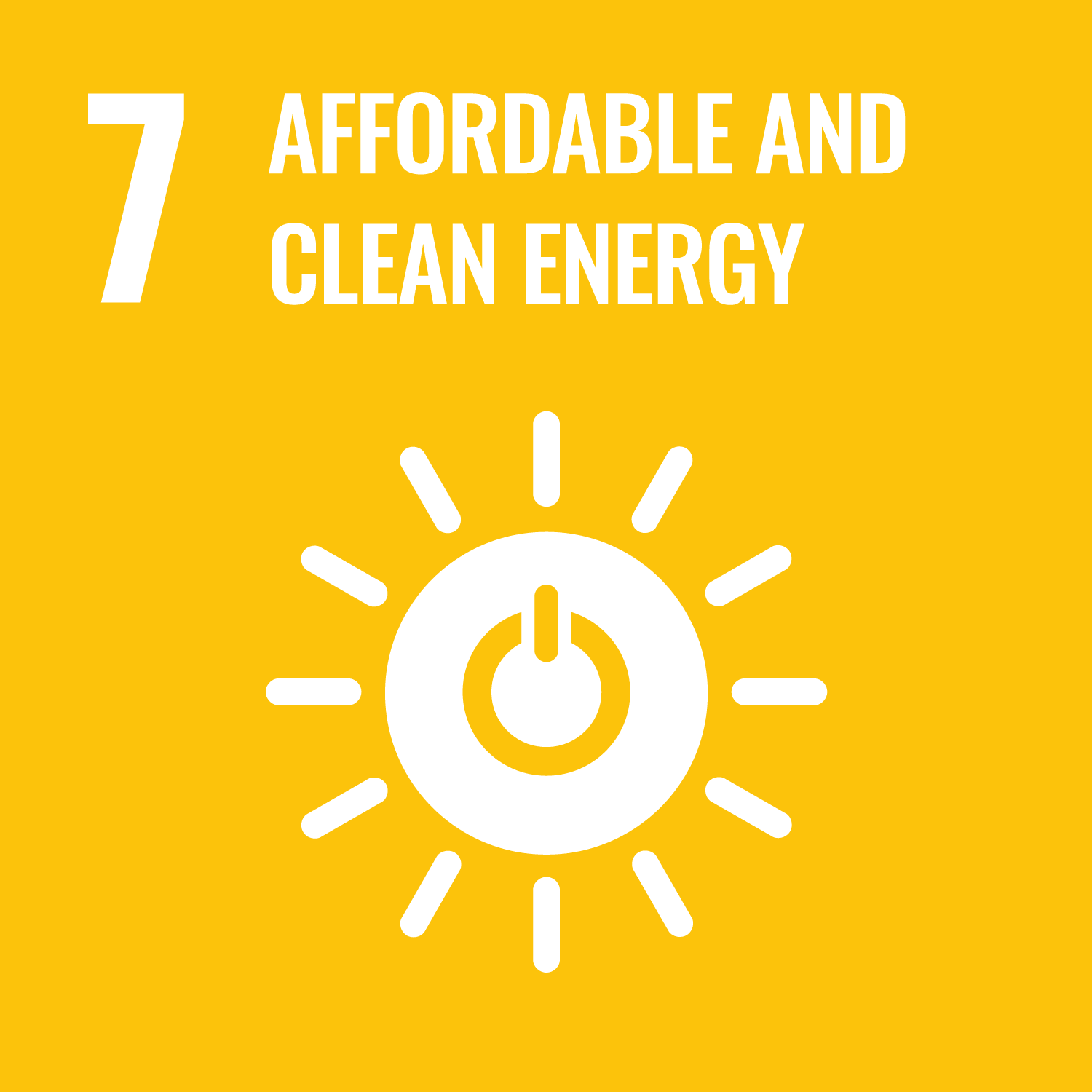
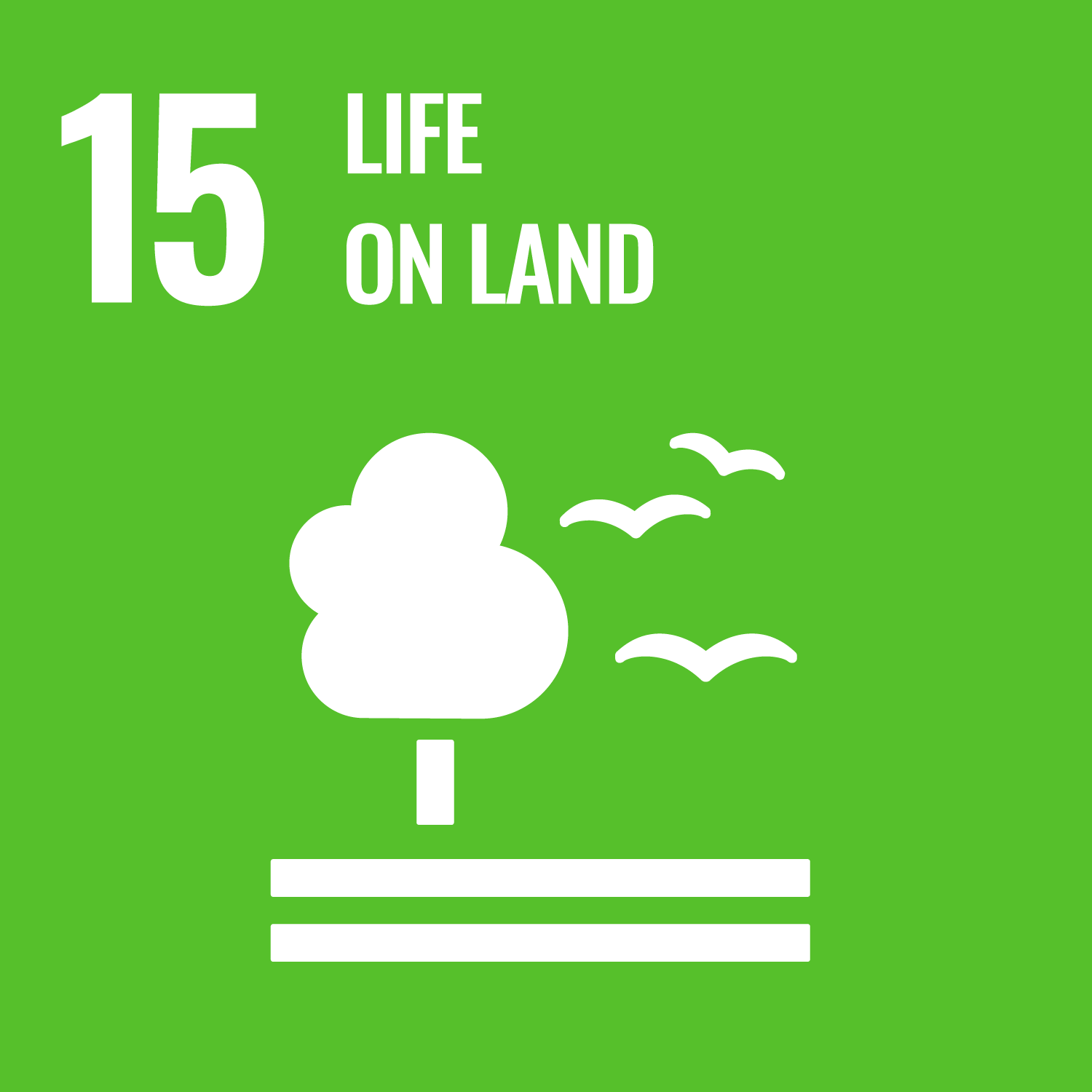
We operate an environmental management system under which we have set company-wide environmental targets as part of our three-year CSR activity plan. These targets and their achievements are recorded and managed at the CSR Promotion Secretariat. The environmental targets are established so that they can be implemented as part of the business operations of individual divisions enabling each employee to work on these targets while improving their environmental awareness.
Regular environmental checks using an "Environmental Check Sheet" include items such as controlling the air conditioning temperature, turning off lights when not in use, and reducing unnecessary copying. We are working to raise awareness of the environment among all employees by continuing steady initiatives in line with the business operations of each division.
In the "Sustainable Development Goals (SDGs)" adopted at the United Nations Summit in 2015, the impact of global climate change and its countermeasures are considered to be major social issues. The Group has selected "Affordable and Clean Energy" and "Life on Land" as targets to contribute to the environment, and will promote initiatives to reduce the environmental burden.
Proposal of Environment-friendly Printing to Customers
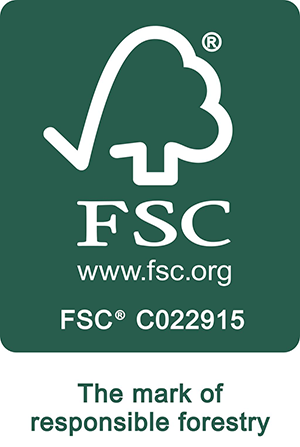
In order to create a positive impact on the environment together with our customers, we are proactively proposing the use of FSC-certified paper. Takara Printing acquired FSC COC certification under the FSC® Forest Certification System in May 2005. Every effort is made to ensure that certified products do not use illegally harvested wood, or wood harvested in violation of traditional and civil rights.
The printing industry is also required to provide eco-friendly products. By using these eco-friendly products in the printing process, the Group is working with its customers to reduce their environmental impact. These initiatives are producing results as society's environmental awareness increases, and the use of FSC-certified paper is increasing year by year. Going forward, the Group will increase added value by strengthening proposals for environment-friendly printing to customers.
Realization of Environmentally Friendly Printing Processes
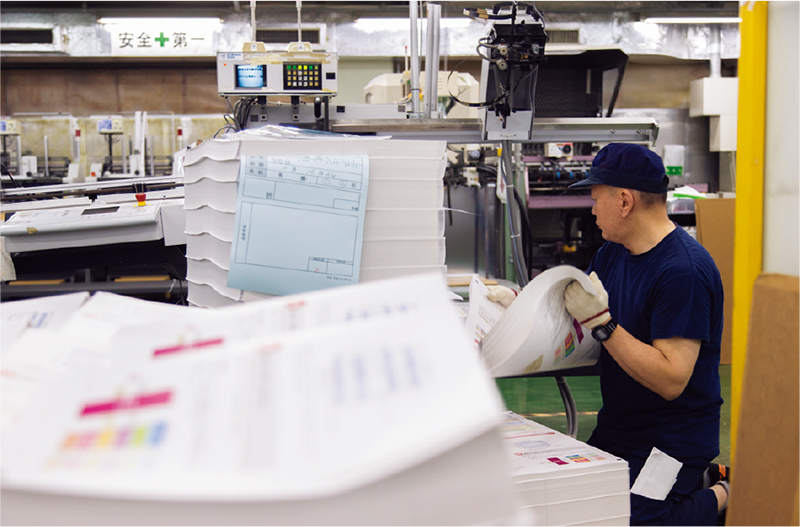
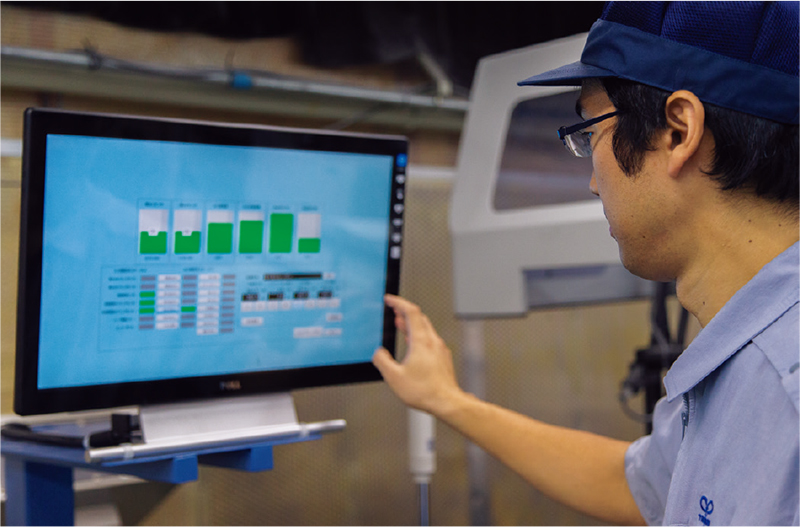

The Takara Printing Ukima Plant, which has the highest environmental impact among the Group, is thoroughly committed to environmental initiatives. In addition to acquiring ISO14001 certification, the Plant is certified as a Green Printing Plant by the Japan Federation of Printing Industries.
Our main initiatives include measuring and adjusting the power consumed by offset printing presses and air conditioning systems, as well as turning off lights indoors during breaks and when they are not in use. In terms of waste reduction, we have introduced equipment to reduce the amount of press plate waste to one-eighth, and through careful sorting, achieved a recycling rate of 97.6% or more, further promoting zero emissions. We have also limited the use of organic solvents to Class 3 organic solvents, which have the lowest impact rank, and have installed VOC alarms and additional local exhaust systems. During busy periods when the amount of use increases, we promote appropriate management of chemical substances and the plant environment, including conducting work environment measurement by external organizations to understand the actual conditions. Regarding the use of roads in the surrounding area for the delivery of printing paper and materials and for the delivery of products, we implement staggered delivery using external warehouses. Especially during busy periods, we have begun initiatives to reduce waiting time and conserve energy by streamlining vehicle operations.
As for environmental education for employees, environmental targets set for each fiscal year are communicated at morning meetings, and one point lessons on handling organic solvents, etc., are provided as needed, to deepen the understanding of workers.
With the growing social demand concerning environmental issues, the printing industry is also required to manufacture environmentally friendly products.
The Group works to create environmentally friendly products, and by creating such an environment-conscious printing environment, it is possible to provide customers with environment-friendly printing processes.
Initiatives at the Ukima Plant
Raising the level of human resources through multi-skill development
The number of employees working at the Ukima Plant is approximately 70. They work in shifts to support the printing and bookbinding lines that operate 24 hours a day. Many of our customers are companies whose fiscal year ends in March, and during the busy season when orders are concentrated, we collaborate with outside contract printing companies that specialize in various fields.
In the printing process, each of us is expected to play an increasingly important role, not only in meeting the quality requirements of our customers, but also in reducing costs and dealing with environmental issues, which are also social issues. As part of our efforts to improve the individual skills, we actively transfer employees between departments and send them to support other departments to help them develop multiple skills.
We have a system in which the main processes such as offset printing, bookbinding, and digital printing are divided into smaller processes, and after setting targets for each employee, we gradually increase the number of processes the employee can handle. The results are then reflected in the employee's evaluations. The Ukima Plant's manufacturing lines are equipped with state-of-the-art inspection equipment, such as cameras and sensors, to prevent printing accidents, but it is still the human resources who must operate and use them properly. Human resource education throughout the plant focuses not only on quality, but also on increasing productivity.